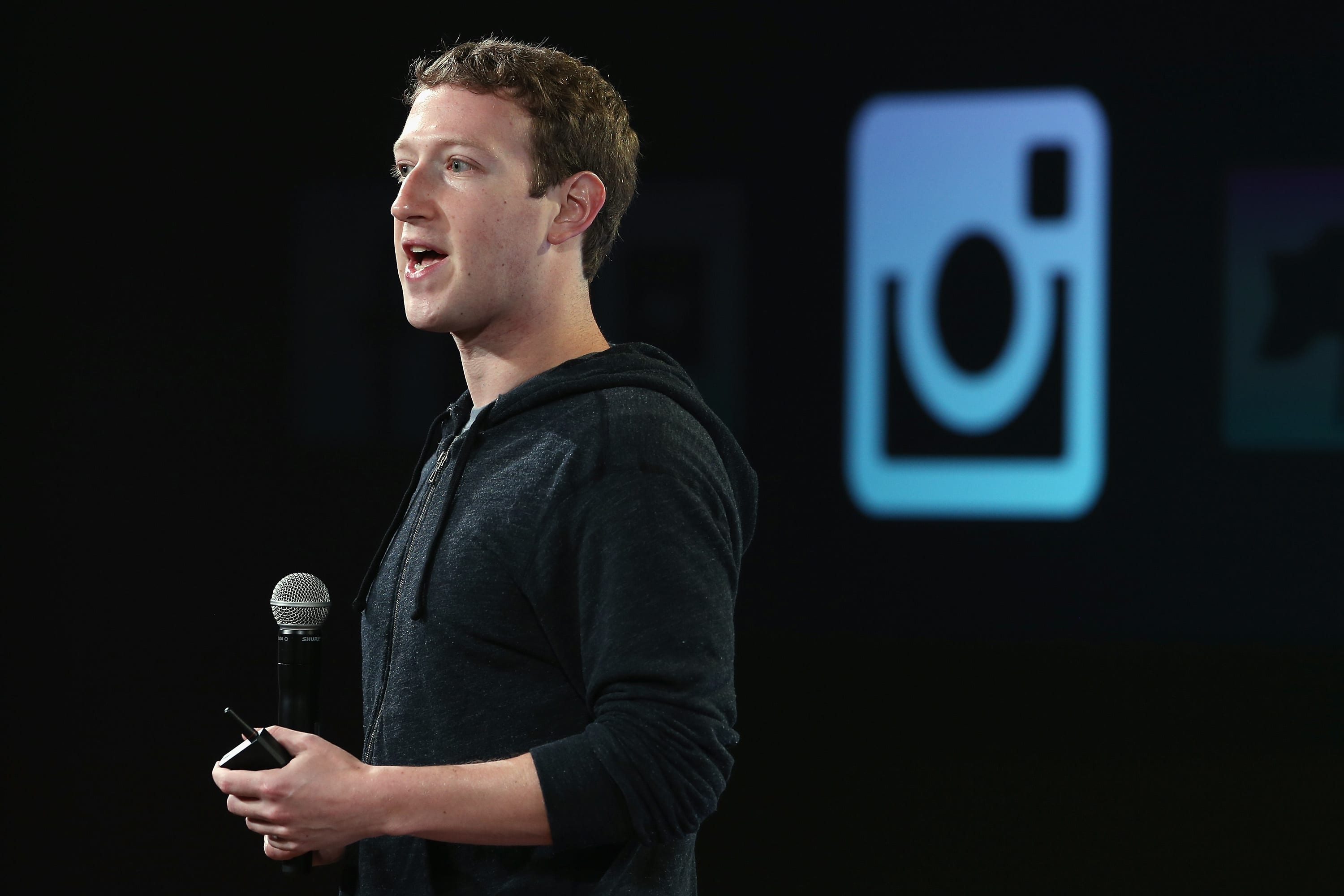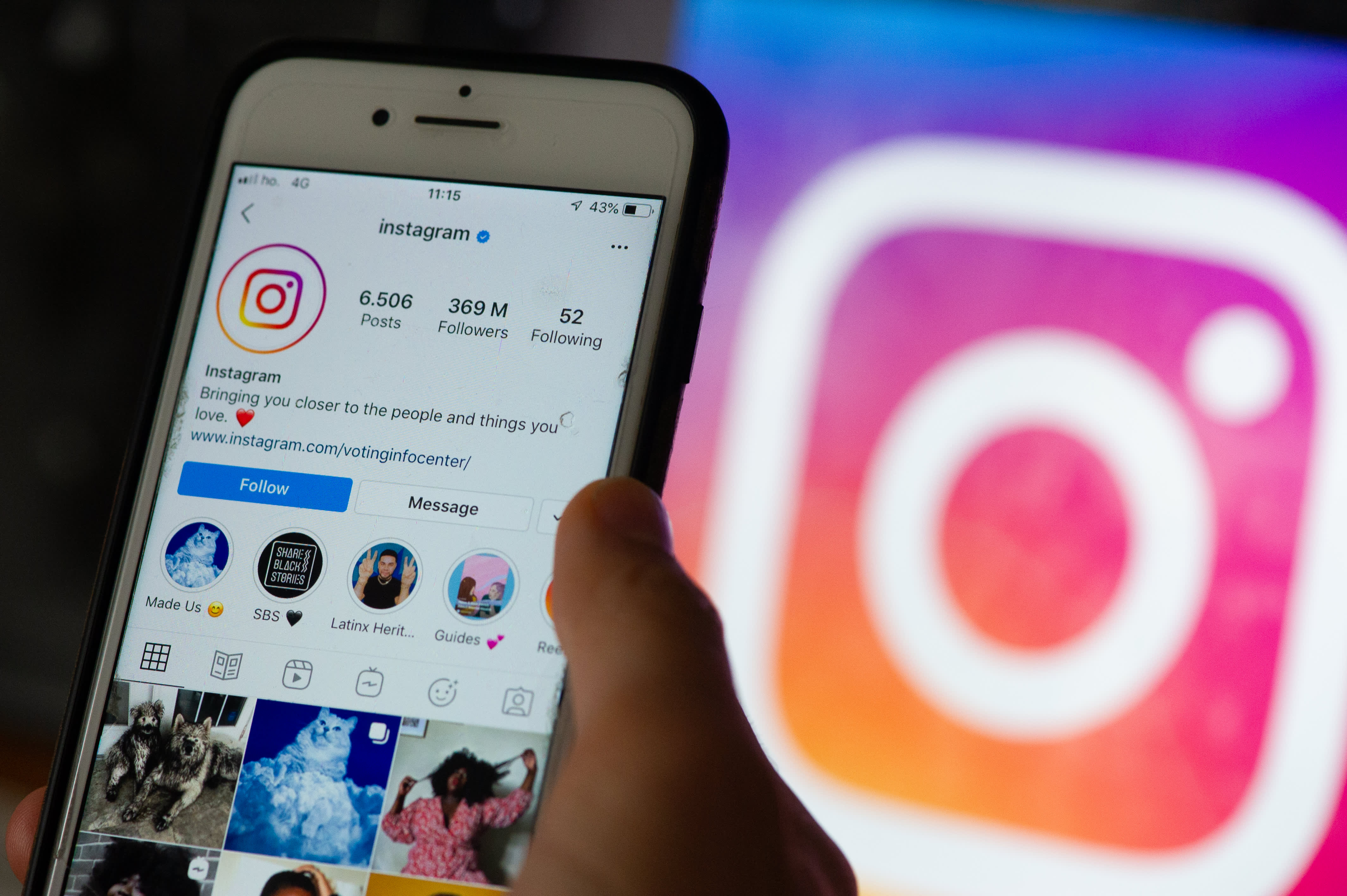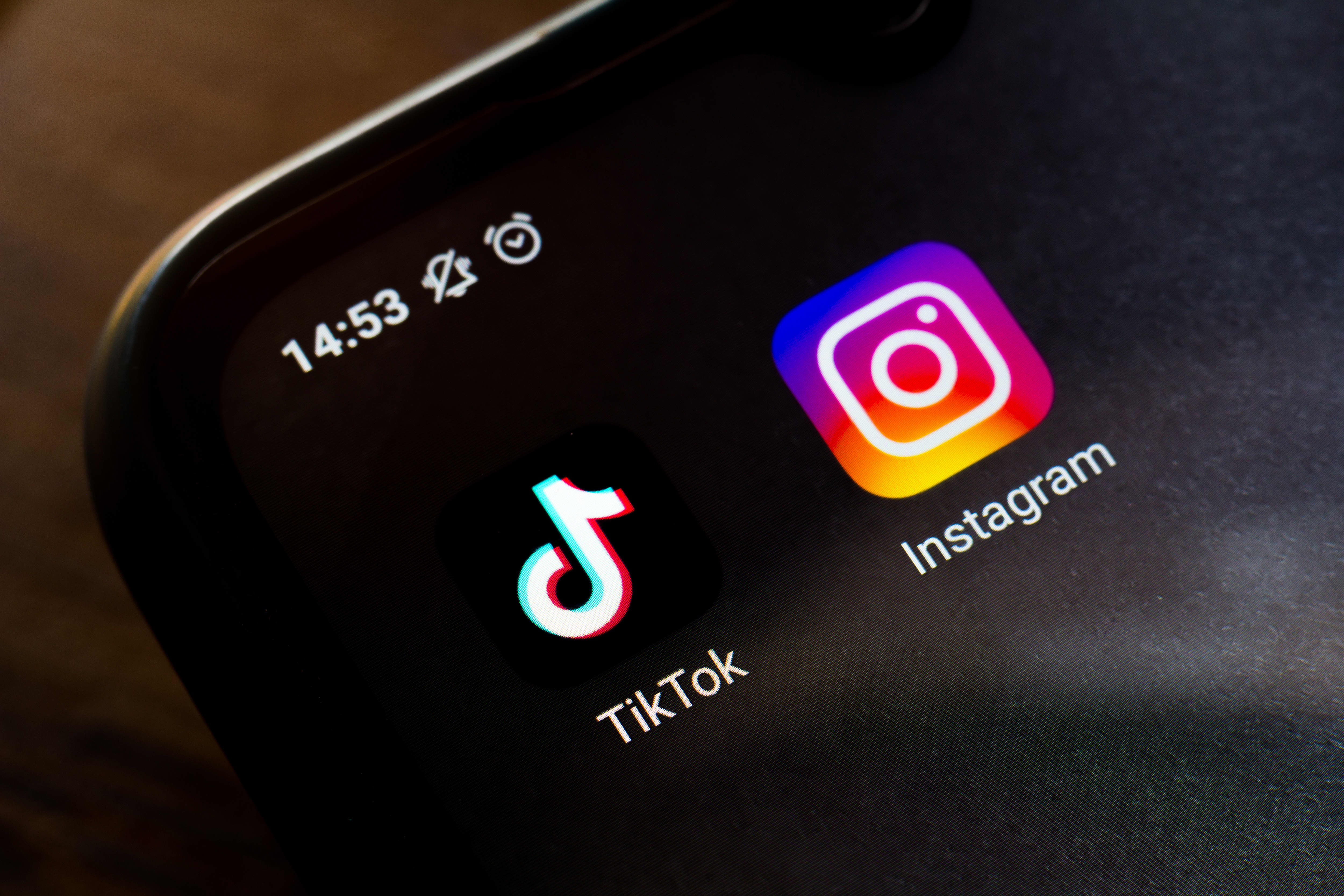Spending more time scrolling through social media is tempting during the pandemic, but some young women say extra time on Instagram hasn’t been healthy.
“It’s not real life,” George Washington University student Ruby Samim said. “Like, these people I see on Instagram, TikTok, it’s not real.”
She said during the pandemic she noticed a lot of social media influencers were skinny and she developed an eating disorder.
We're making it easier for you to find stories that matter with our new newsletter — The 4Front. Sign up here and get news that is important for you to your inbox.
“I would be like, ‘Oh my gosh, 800 calories? I ate so much today; I can’t do that,’” Samim said.
“Being on social media, seeing what people want you to see, definitely had an impact on me,” she said.
GW student Maddie Billet said she struggled, too.
“Now I was having more issues with wanting to throw up after I eat too much food and things like that,” she said.
The Wall Street Journal reported Facebook knew about problems with Instagram, citing internal research from the company saying, “We make body image issues worse for one in three teen girls.”
NBC has not independently verified those documents.
Health experts say body image issues are up during the pandemic.
“Eating disorders thrive in isolation,” said Chelsea Kronengold of the National Eating Disorders Association (NEDA).
“A lot of people were alone without family or their support systems to help them,” she said.
NEDA has received 60 percent more calls for help since last summer, Kronengold said.
Instagram released a statement Tuesday, saying, in part, “We’re increasingly focused on addressing negative social comparison and negative body image,” but also, “Social media isn’t inherently good or bad for people. Many find it helpful one day and problematic the next.”
Samim said she’s doing better, now, and eating more protein.
“Shifting my mindset to I want to be strong and healthy versus I need to be skinny,” she said.
Instagram said they may add a new feature where people are encouraged to look at different topics if they dwell on negative content for too long.
If you or someone you know needs help with body image or eating concerns, the NEDA Helpline is available by phone, text of click-to-chat message. Informational videos are available at NEDA’s YouTube page.




